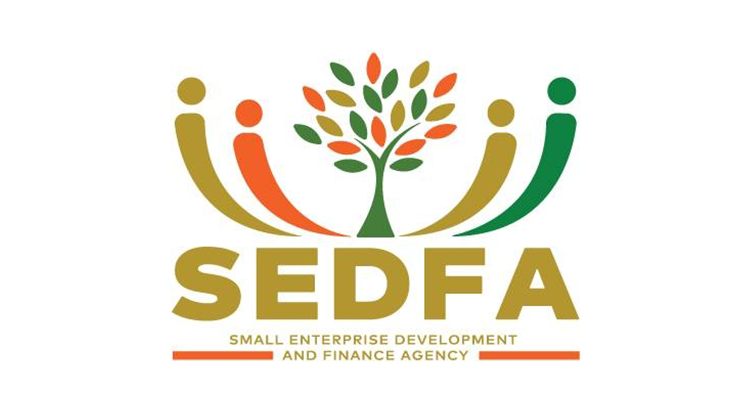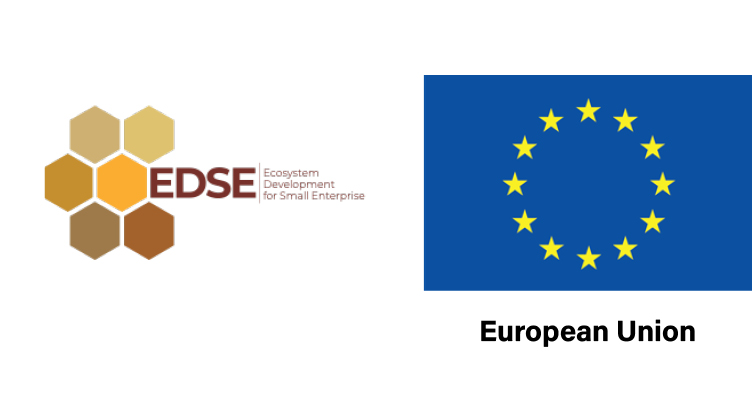Section 32 of the Constitution of the Republic of South Africa, 1996 (No.108 of 1996) states that everyone has the right to access information held by public bodies and information that is held by private bodies to protect any of their constitutional rights. Section 32 also describes regulations that must be enacted which would give effect to the right of access to information by describing the ways in which information from public and private bodies could be accessed and by providing further information on the grounds under which a public and private body could refuse access to information.
The Promotion of Access to Information (PAIA) Act, 2000 (Act No. 2 of 2000) was constituted to provide fulfilment of the Constitutional rights of access to information, to foster a culture of transparency and accountability, and to encourage an open democracy where individuals from all spheres of life are empowered to engage with government and to participate in decisions which affect their lives.
According to Section 14 of PAIA, every public body is required to produce a manual that contains information on how to use PAIA to access their records. The PAIA manual gives effect to section 32 by means of the following:
- Providing and describing the processes that must be followed to request information.
- Describing the structure and functions of the public body, from whom you have made a request;
- Description of PAIA Section 10 Guide compiled by South African Human Rights Commission and how to access it;
- Defining what mechanisms and procedures are available to you if your request for access to information is refused.
- Stating from whom you can make a request.
- Defining what information can be requested;
- Describing when the requested information must / may be refused.
Download DSDB PAIA manual:
Information Regulator South Africa PAIA
FORM 1 REQUEST FOR A COPY OF THE GUIDE
FORM 2 REQUEST FOR ACCESS TO RECORD
FORM 3 OUTCOME OF REQUEST AND OF FEES PAYABLE
FORM 4 INTERNAL APPEAL FORM
FORM 5 COMPLAINT FORM




